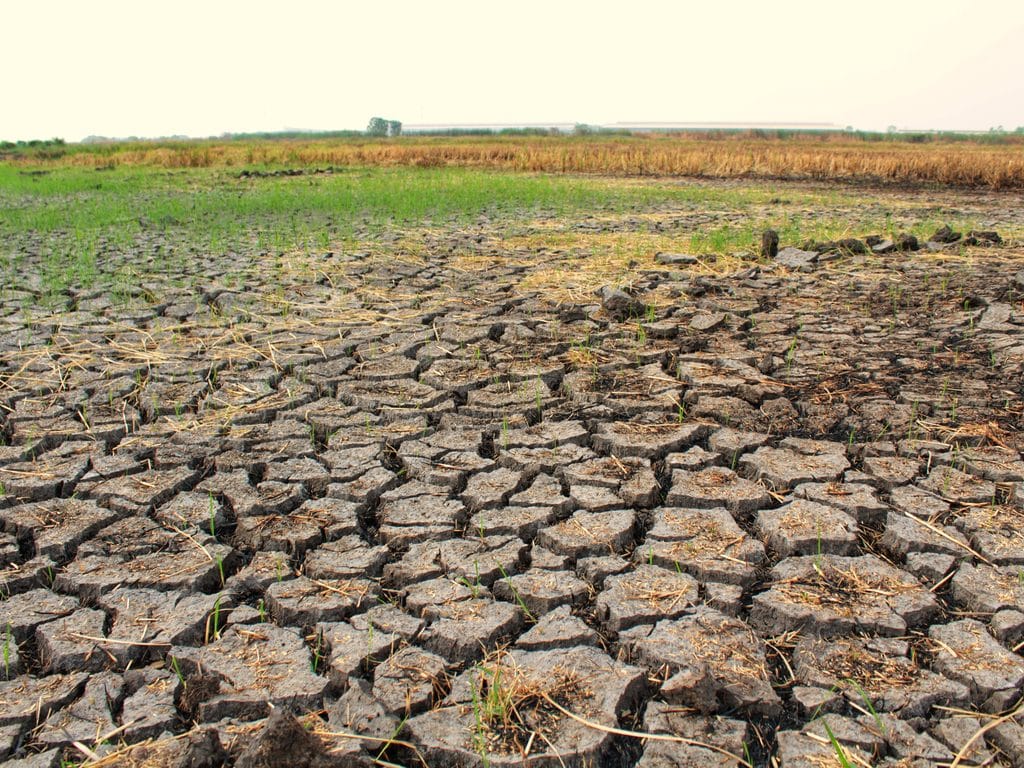The second edition of the Climate Chance Africa Summit was held from the 16th to the 18th of October 2019 in Accra, Ghana. A text was drafted in the aftermath of the Accra summit. The document calls on African States to create an environment that is more conducive to local action on climate change. It also proposes a new approach that involves reassessing each country’s commitments to reduce greenhouse gas emissions, based on locally determined contributions. In the statement, participants also called for the establishment of a local and regional preparedness programme.
This programme should make it possible to strengthen the capacities of African cities and governments as well as non-state actors in order to better prepare them for international meetings. For example, they will be equipped to submit eligible projects to financial institutions.
In the margins of this event was held the conference of the Covenant of Mayors for Sub-Saharan Africa (CoM SSA). The work focused on the theme “Towards the institutionalisation of local climate action and access to finance.” The conference was initiated with the aim of inspiring and enabling policy makers, donors, local governments and key stakeholders in the implementation of CoM SSA to increase the pace and scale of transformational change and city mobilisation.
A conference for 4 key messages
At the end of the CoM SSA meeting on the 16th of October 2019, a series of decisions were taken by the participants with a view to improving action in the climate sector in Africa. First, the imbalance observed so far in the financing of climate change measures must be corrected to enable the continent to implement its action plans to combat climate change. Secondly, participants resolved to make Ghana the African climate centre and to work to improve the location of determined national contributions. Third, the Climate Chance Summit Africa will become the preparatory conference for the COPs. This will allow the event to serve as a framework for the formulation of messages and recommendations to be presented at higher levels (COP). Last but not least: work to ensure access to climate finance at the local level.
Luchelle Feukeng
